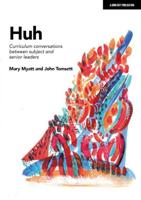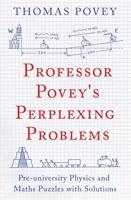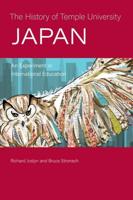Publisher's Synopsis
This book is an exposition of how political, cultural, historical, and economic structures and processes shape the nature and character of curriculum landscapes globally. By developing theoretical connections and providing contextual background, Kumar explores how colonialism and imperialism, state-led ideological control, and the wave of neoliberalism and capitalism insidiously impact the process of curriculum development in different parts of the world. Kumar also underscores how intellectual movements such as Marxism and postmodernism have shaped curriculum theory in varied political and economic settings. By emphasizing the connections between and among diverse cultural and political conceptualizations of curriculum, this volume contributes to the internationalization of curriculum studies discourses.











